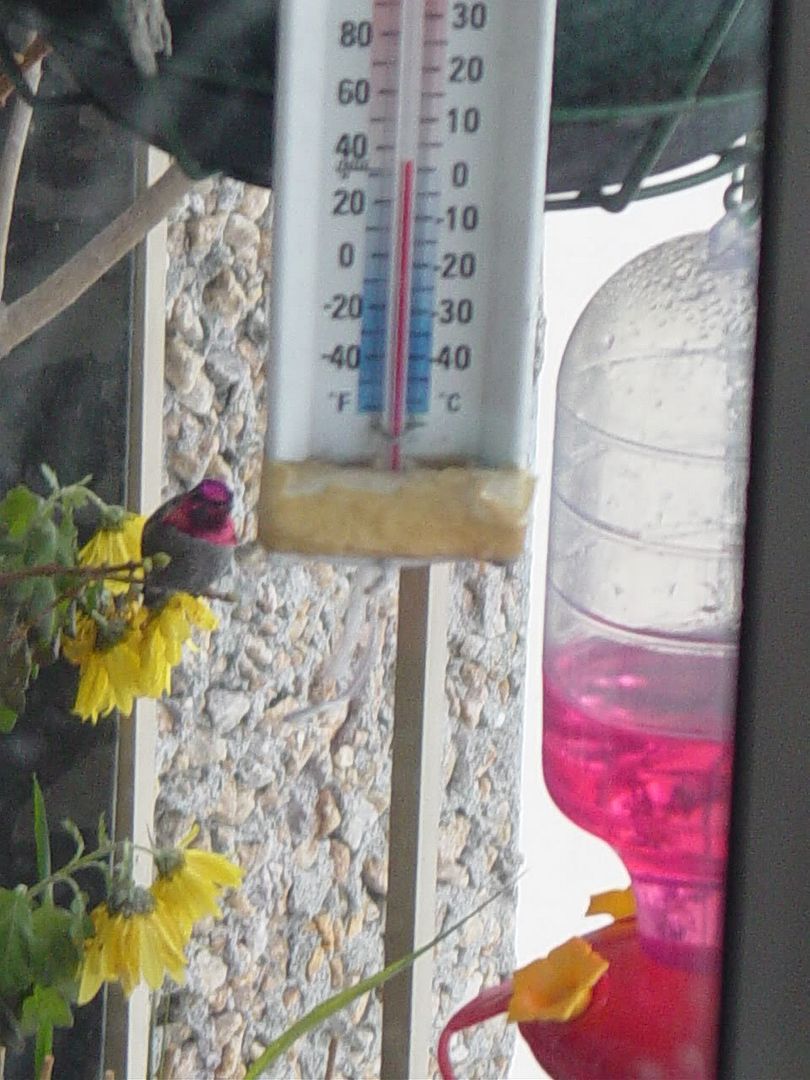Livia Blackburne pointed out, via Twitter, this great article about
how five writers got, kept and fired agents. It covers a great range of experience, from "We tried hard but couldn't get the sale and lost the love because of it" to "This agent cared more about keeping the publisher happy."
Livia's link was a nice bit of serendipity because I'd been thinking about a related topic for today's blog post: What questions to ask an agent when you get "the call".
I've got some not-often-suggested questions to ask an agent who offers you representation, but I'll get to those later in this post. First, I consider it a public duty for anyone who talks about this topic to discuss how writers can protect themselves against scam and incompetent agents. Hence:
THE BASICS:There exist con artists who use a writer's dreams against them in order to scam money from the writer. These include vanity publishers and predatory editing services, as well as scam literary agents.
However, there also exist literary agents who have no real experience or expertise, i.e. who are incompetent at their job, who can do as much harm to a writer's career as a scammer does.
Always remember
Yog's Law:
Money flows toward the writer.In other words, people are supposed to pay you to publish your writing; never the reverse.
How this relates to agents is that an agent should never charge you up-front fees. They should work on commission only, with fees (for things like photocopying and the mailing costs associated with sending your book out on submission) deducted only after--and if--they make the sale.
Anything else is a conflict of interest. The agent is parasite if they're making money when you are not. However, if they only make money when you do too, then they are in a symbiotic relationship with you, and that's what you want.
Thus, to protect yourself against scam- or incompetent-agents, you ask the questions:
- "What have you sold?" or
- "Since you're a new agent, where have you worked (in the industry) before this?"
The answers to these questions help you determine whether the agent is a legitimate one and how much relevant experience they have. Note! You may need to check out their answers; scammers do lie about these things.
I have to say, however, that here in the internet age, I really think you should have a good idea about whether the agent is legitimate
before you talk to them--even before you query them.
AgentQuery screens its listings, and for the most part those agents are legitimate, but don't assume so. Cross-check the agents you want to query at
Preditors and Editors, which keeps track of publishing industry scammers of all stripes.
You can also go to
the Absolute Write Water Cooler, a writer's forum, and search for the agent's name. You'll often find a thread where someone has asked the questions you want answered, i.e. "Is this agent legitimate? Is this agent okay to work with?"
The important thing is to be aware and educated about the dangers that exist. Reading
Writer Beware, created by the
SFWA, is a good way to teach yourself what things to watch out for.
BEYOND THE BASICS:All good? Okay. Now I'll talk about a few questions I think are useful to ask when you're
certain the agent on the other end of the line is a professional and your only real question is whether they're the right agent for you.
How involved in the writing process will the agent be?Some agents really like to workshop with their clients during the writing process, and some only want to hear from you when the book is done and polished to (your standard) of perfection.
So what would you, the writer, prefer? Lots of people would sacrifice their teeth to have a publishing expert act as their critique partner, but personally, I get neurotic if I'm soliciting opinions about my writing while I'm still working on it. It's different for everyone.
So what do you want? Once you've decided that, it becomes a useful question to ask the agent where they fall on the spectrum. Do they want to workshop and help you create a fantastic book, or do they want the delight of receiving your polished, final product like an unexpected present in the mail? Their answer will help you determine whether you and that agent are going to be a good fit.
And what if it sounds like you
won't be a good fit, at least with regard to this one point?
Thankfully, people are flexible; this doesn't have to be a deal-breaker. Just admit to the agent that you prefer to work a different way, and mention in what ways you'd be willing to be flexible. Then, ask if they'd be willing to be flexible on this point too.
Agents are used to negotiation; most of them will be completely reasonable provided you're not too timid to bring up the matter in the first place. And if they're
not, that's a red flag. You might want to re-consider working with them.
How aware of the selling process will the writer be?One of the most common complaints you hear from writers who have fired their agent is that there was a lack of communication. The agent wouldn't answer emails or phone calls, or did so in a perfunctory, unhelpful manner.
The thing is, a lack of communication might have birthed that problem. Did the writer ever tell the agent what level of interaction they expected?
Stop and consider how often you want to hear from your agent when your book is on submission. Of course if something big happens you want to know immediately, but what about when nothing much is happening? When it's just out there with editors, awaiting their responses?
When I had an agent, I asked her to email me a status report about once a month, and that worked out beautifully. Of course she occasionally got busy and I had to prompt her, but she was always speedy about getting back to me when I did so. I think outlining right from the beginning what I wanted (and my request being a reasonable one) helped keep our relationship smooth and angst-free.
If you suggest the agent touch base with you once every [X] weeks with a brief status report, and then ask the agent whether they consider that request reasonable, the two of you can thereby negotiate a communication schedule both of you consider fair.
This functions as insurance, too. Often, the writer who has complaints about their agent's level of communication spends many months fretting about whether they have a legitimate peeve or not. If you tell your agent from the outset what you expect, then those months of uncertainty can be avoided; if a lack of communication occurs, you have grounds to open a discussion with your agent immediately.
~~~~~~~
What other questions do you think would useful to ask an agent if you're trying to determine whether the two of you will be a good fit?
Alternately, if there are agented or previously-agented writers who read this blog, what headaches have you encountered with your agent? (Anonymous commenting is on.) Maybe we can brainstorm ways to help prevent those issues from occurring in the first place.
Do you have any other comments on this issue? I'd love to hear them!


















